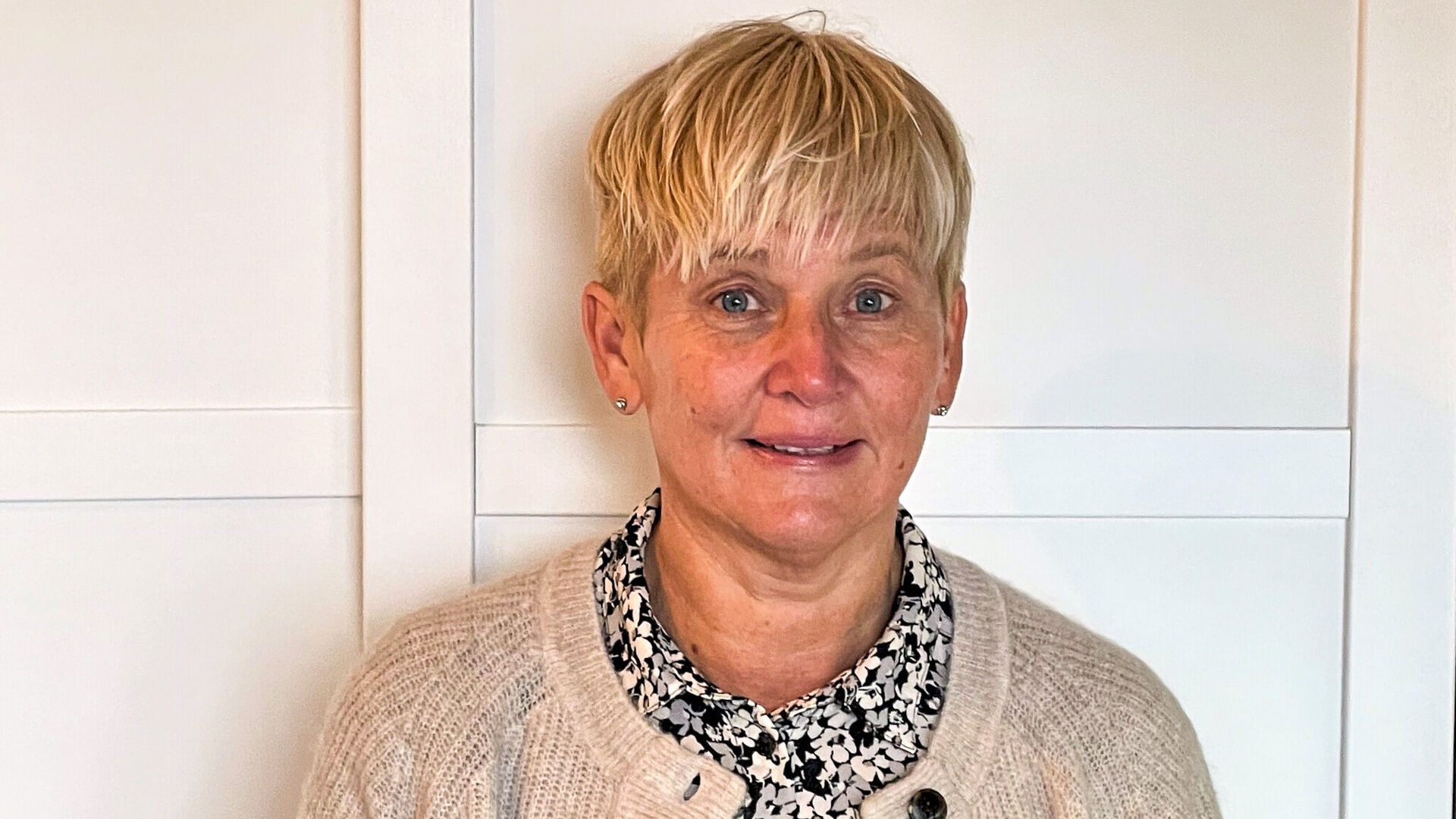About half of the municipalities in Norway consist of fewer than 5,000 inhabitants, and many of these can be described as rural.
“The theme of the thesis is related to the contextual challenges that affect the school sector in rural areas with small municipalities, something that has been researched in a very limited capacity so far,” writes Forfang til inn.no.
The focus of the thesis has been on three small neighbouring municipalities, which, despite challenges associated with being located in a rural region, can point to high-performing school results over time.
“The underlying assumption of the study is that the three neighbouring municipalities have developed distinct organizational characteristics over time,” says Hilde Forfang.
The study has a mixed methods design, which uses interviews, documents, and questionnaires.
The thesis contributes to increased knowledge about how municipalities in rural regions can facilitate school development through learning processes, external collaboration, and educational infrastructure across municipal boundaries.
The main findings of the doctoral degree:
“Superintendents who, based on their knowledge and experience, understood that small municipalities had to collaborate to offer professional development, continuous education to teachers and school leaders in rural municipalities” (Forfang, 2020).
- One main finding and a clear organizational characteristic is that the three small, high-performing neighbouring municipalities have applied together, and established a small organizational field.
- The analyses show extensive involvement in professional networks, both within the limited organizational field and in the rural region as a whole.
- A third main finding shed light on how strategic leadership at the school owner level is played out in this organizational field.
- Two core practices for school leaders appear to be central in this field of organization.
Contact information:
- hilde.forfang@inn.no
- Phone
- +47 62 51 72 91
About the public defence:
The title of the thesis is: "Organizational characteristics of municipalities in rural regions with high-performing school results over time."
Place: Auditorium 3 at Hamar campus and digitally via Zoom (see instructions under)
The trial lecture starts at 10.15. Topic: “How can scientific theoretical perspectives provide direction for mixed-methods studies in educational research? Opportunities and challenges.”
The public defence starts at 12.15.
Link to the public defence: https://inn.zoom.us/j/62021496774?pwd=UFJtZTNSRXk5b3JXcUtvZHFvSjlIUT09
Webinar ID: 620 2149 6774. Password: 775652
The evaluation committee consists of:
- First opponent: Professor Helene Ärlestig (Umeå University)
- Second opponent: Professor May Britt Postholm (NTNU)
Committee administrator: Professor Thor André Skrefsrud (INN University)
The candidate’s main supervisor: Professor Jan Merok Paulsen (OsloMet).
Co-supervisor: Professor May Britt Drugli (NTNU).
Potential opponents ex auditorio must sign up during the break between the first and second opponents’ contributions. This is done by registering via text message to the chair of the public defence (telephone number is posted in the chat during the public defence). Those who are physically present can make direct contact with the chair of the public defence during the break. Such contributions must be well prepared and precisely formulated. They should not exceed 800 words / 10 minutes of speaking.
Guide to using Zoom
The public defence will be streamed via Zoom Webinar.
Join using Zoom Client. All participants must download the program in advance. If you do not have it already, you can obtain it here (free). Select the topmost, "Zoom Client for Meetings".
Log in 5-10 minutes before the start of the session. The people in charge of the sessions are in place 10 minutes before the sessions begin.
Network cable instead of Wi-Fi. It is more reliable to use a fixed network cable than a wireless network, as it minimizes the risk of choppy sound and blurred video.
Using the chat function is not allowed during the trial lecture or public defence. If you have technical questions, these can be sent by e-mail to mehran.amirnejad@inn.no.
If you wish to leave the meeting along the way, press “Leave Meeting” at the bottom of the screen. You will be able to re-join the session by using the same link above.
This public defence was held on 29.11.2022.
This article was translated from Norwegian by Noorit Larsen.



